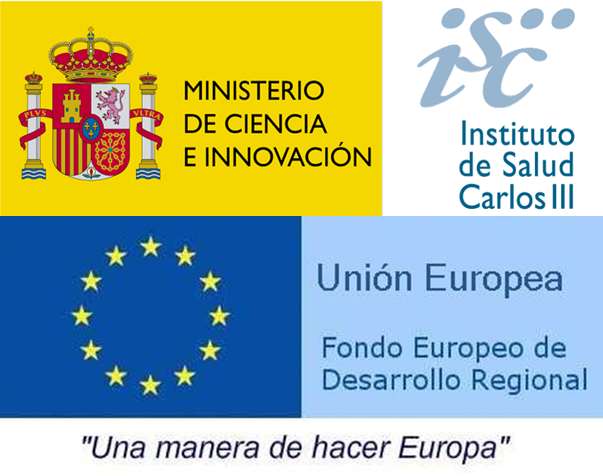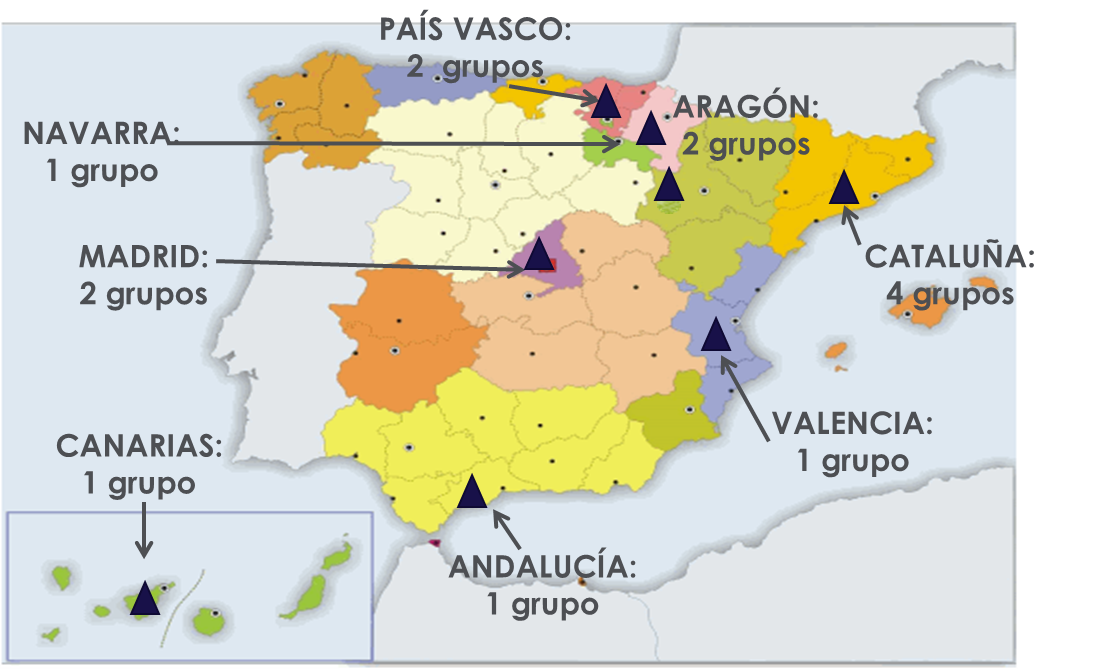Full name: Health Services Research on Chronic Patients Network (In spanish: Red de Investigación en Servicios de Salud en Enfermedades Crónicas)
Financing entity: Carlos III Health Institute, European Regional Development Fund (ERDF)-“A way of doing Europe”.
Official website: https://www.redissec.com/en/
Description:
This network is built around three major pillars: the challenge of managing chronicity; the need to have more and better information; and the duty of increasing the research capacity in healthcare services and policies in Spain.
The network is based on two scientific programmes:
- “Characterisation of chronicity and assessment of healthcare policies and performance in chronic care”;
- “efficacy and cost-effectiveness in chronic care”;
and the training and co-ordination programme.
Mission:
Develop excellence in research and innovation fields to provide solid relevant evidence on the best policies, practices and organisational models. The aim is to improve the results of healthcare provided to chronic patients in Spain.
Network aims:
- Characterising the chronicity and care of chronic diseases by describing the overall phenomenon: namely the prevalence of chronic diseases, met and unmet needs; the use of health services; equity in access to care; and budgetary impact of chronic diseases;
- assessing the way healthcare organisations address the needs of chronic patients in terms of quality and efficiency;
- analysing the impact of healthcare interventions on chronic patients and their caregivers, with particular attention on their comparative effectiveness and efficiency;
- developing and assessing the impact of health policies with specific focus on care needs, equity in access to healthcare services and assignment efficiency;
- enhancing innovation in health services research through the development of an improved array of methods and tools to support decision-making.
REDISSEC capacity is based on prior collaboration research experience among most participating teams. This collaboration strategy has enabled the creation of an initiative made up of 14 research groups and 3 clinical teams associated with 8 regions. It consists of over 150 researchers from different bodies, including hospitals as well as primary care centres, technology assessment agencies or regional healthcare departments.
Basque groups and network co-ordination:
Since 2013, Kronikgune Institute has been coordinating the Thematic Network of Cooperative Research (RETIC) on Health Services Research in Chronic Diseases, REDISSEC, of the Carlos III Health Institute. The network Scientific Co-ordinator is Dr. José Mª Quintana of Barrualde Galdakao IHO (Integrated Health Organisation).
Two projects were obtained in the “2012 Call for Subsidies for the RETICS (Thematic Networks for Cooperative Research in Health) Subprogramme”: RD12/0001/0001 with José María Quintana as Principal Investigator, and the project RD12/0001/0003 with Antonio Escobar as Principal Investigator.
Actually, the Basque Country is represented in REDISSEC by three Research Groups:
GROUP 14: RD16/0001/0001
– Principal Investigator: José Mª Quintana López.
– Organisation: Barrualde-Galdakao IHO.
– Role: Scientific coordination of the Network.
GROUP 13: RD16/0001/0009
– Principal Investigator: Iñigo Gorostiza Hormaetxe.
– Organisation: Bilbao-Basurto IHO.
CLINICAL GROUP: RD16/0001/0018
– Principal Investigator: Ignacio Zabala Estévez.
– Organisation: Barrualde-Galdakao IHO.



